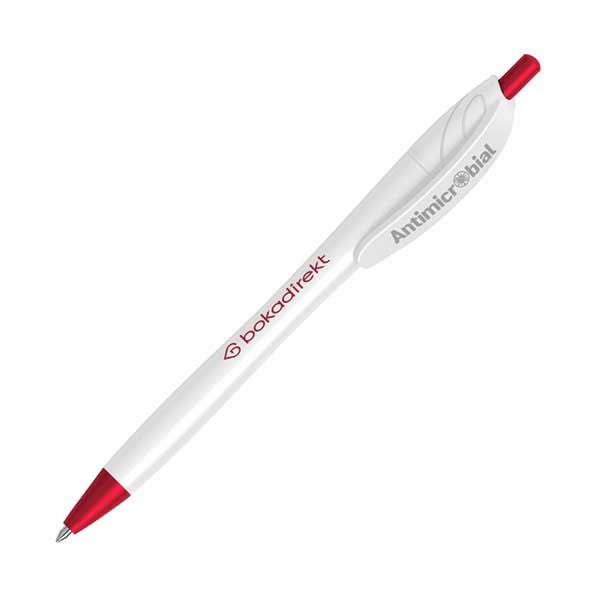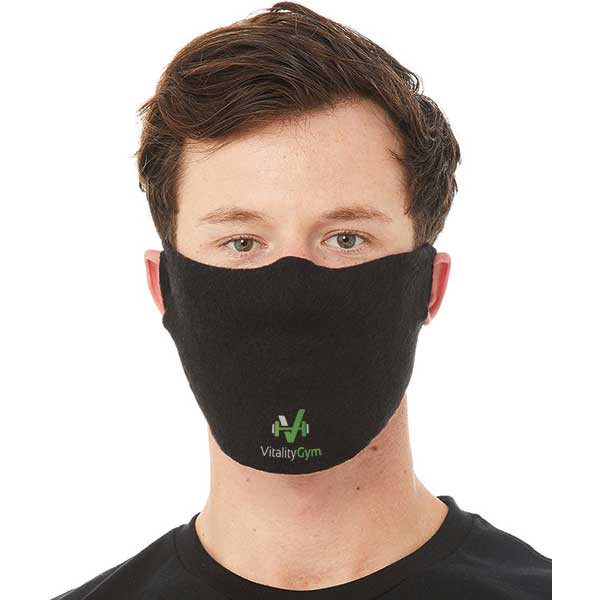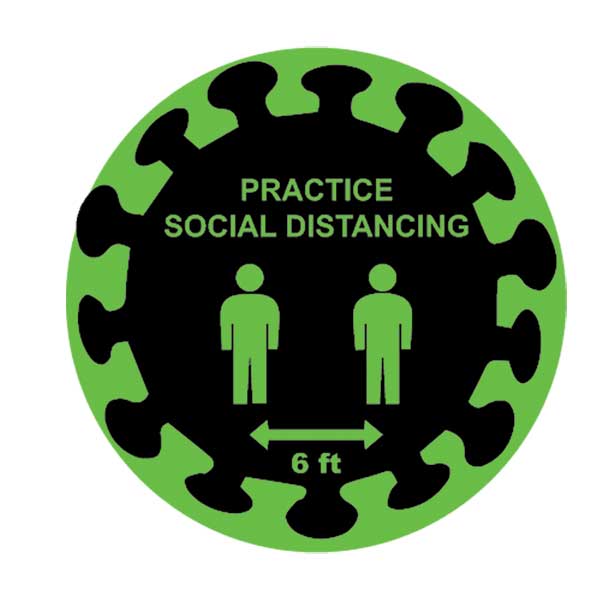- Big Markets Series:
- Education
- Healthcare
- Manufacturing & Construction
- Nonprofits
- Retail
In early May, after almost two months of business shutdowns in the wake of the coronavirus, high-end retailer J.Crew announced it was filing for bankruptcy. It was quickly followed by the same announcement from luxury retailer Neiman Marcus, while mall mainstay J.C. Penney looked to be next in line.
The traditional retail market, particularly companies that rely on foot traffic at brick-and-mortar locations, has been in flux for a while. There’s a reason the last decade has been dubbed the “retail apocalypse.” Store closings have steadily gained speed since 2010, with a 59% jump between 2018 and 2019, the highest since Coresight Research started tracking closures in 2012, and all before anyone had heard of COVID-19. Recent closures have only exacerbated business challenges and expedited bankruptcy filings.
Sales Snapshot
Unsurprisingly, the prolonged closure of retail businesses will impact the market’s growth in 2020, wiping out the increase in promo market share it gained in 2019.
Total Market Promo Sales (Billions)
Projected Year-Over-Year Decline
34.2%
But people are still shopping. The face of retail is changing, and smart promo firms have been there to serve it. It’s generally been a healthy market for promotional products, and even posted a 67% year-over-year increase in total promo sales in 2019. But ASI projections have sales falling 34% this year as state officials ordered many physical locations to close.
Michael Emoff, chief vision officer at Shumsky (asi/326300) in Dayton, OH, says in the days immediately following closures, his sales reps approached their retail clients in different ways. For those with only physical locations and no e-commerce, they kept the relationships open but didn’t sell to them. As stores announced reopening plans in late spring, Shumsky gently struck up conversations about counter shields, spacing decals and masks.
Meanwhile, Shumsky stayed in constant contact with those with both physical and e-commerce presences, who regularly asked for protective masks to include as small gifts in their shipments to customers. Retailers deemed essential and allowed to stay open also consistently asked for masks and distancing signage, as well as POS materials and uniforms.
“We’ve become experts in PPE for retail,” says Emoff. “We’re starting to help them come back with promo as well. Distributors who pivot will come out further ahead on the other side of this.”
But with all the trouble that retail’s been having in recent months, Emoff says retailers’ ability to pay has become an industry-wide concern. He knows of one company that produced $100,000 worth of merchandise for a retailer. Then, after it was finished but before they paid for the order, the end-user filed for bankruptcy because of COVID-19, leaving the distributor with a huge loss.
“Hospitals pay up front for PPE and it’s no problem,” says Emoff. “Retailers want to negotiate terms, like paying more on the back end. Meanwhile, distributors might not get paid. Companies are buying PPE because they have to, not because they want to. And that means they might not actually have the ability to buy. They didn’t have a PPE budget at the end of 2019, so they’re taking from somewhere else to buy it.”
AMB3R (asi/590243) in Denver saw a similar fall in retail sales but was able to fill e-commerce orders from podcast merch store Podswag, run by streaming services companies Stitcher and Earwolf. “Listenership has actually increased over the past few months because people are home listening to more podcasts,” says Jeremy Picker, AMB3R’s CEO and co-founder. “They also have a little extra money because they’re not commuting, so they’re purchasing swag online. It’s helped us keep our doors open.”
It’s been a beacon of light in an otherwise very challenging market segment. AMB3R’s largest client is a retailer that normally orders between 10,000 to 40,000 T-shirts a month for various uses, including events. Just before the virus, they had 150,000 shirts on order. “It was canceled with no re-issue date,” says Picker. “That was our monthly business foundation.”
Fortunately, some companies have worked with AMB3R to design T-shirts to help raise much-needed proceeds for overhead and workers. One received $10,000 in merchandise sales in the first three weeks of selling the shirts online, with Picker doing fulfillment from his home office. He encouraged other retailers to do the same, but many had instituted spending freezes.
“We’ve just been continuing to pivot every few weeks,” he says. “Now we’re preparing to do protective items for when they reopen. One retail client did 1,500 masks in two weeks, just with word-of-mouth marketing.”
Percentage of Overall Promo Industry Sales
With reopenings in the works, PPE – particularly masks – will continue to be a part of daily life for the foreseeable future. Picker is anxious to flex his team’s creative muscle in this new category.
“A T-shirt, hat and sneakers reflect your personality, and masks will too,” he says. “And people will have seven, eight, maybe 10 of them. That’s every American stocking up. We’re planning for the long-haul with sublimated and jersey styles.”
In Birmingham, AL, by the time all employees started working remotely in March, City Paper Co. (asi/162267) was already doing “truckloads” of sanitizer for retail clients, says Stephanie Friedman, vice president of sales and marketing. The company continued to sell sanitizer and mask gifts for clients’ e-commerce shipments; the next step is to sell them for in-store use.
“This has been a huge opportunity for us,” she says. “Some will give masks away at the door, or they’ll offer them for sale. They’ll also need sanitizer and wipes in every location. We’re looking at opportunities to add creative designs that express the brand rather than just the logo.”
In addition, City Paper’s team is pitching counter shields, “open” signage and distancing decals to prepare clients as much as possible for reopening. Shumsky has Back to Work kits of PPE, ideal for retailers welcoming back their employees. End-buyers can choose what they want from inventory; popular items include masks, cleaning cloths, touch tools for pressing buttons and opening doors and sanitizer dispenser stands. Retailers have also considered personalized drinkware and pens to minimize sharing, and they’re sending items to employees’ homes so they’re prepared for their first day back.
"We’re starting to see a pick-up in non-PPE orders, but nothing yet that involves congregating, like in-store events or parties and grand openings."Stephanie Friedman, City Paper Co.
“It’s wait-and-see right now, but reopening is going to be an important moment for them,” says Friedman. “We’re starting to see a pick-up in non-PPE orders, but nothing yet that involves congregating, like in-store events or parties and grand openings. That’s having a huge impact on this market. They’re still hesitant to spend on things that aren’t absolute necessities.”
However, while PPE may have helped promo firms shore up their operations in these difficult months, now’s the time to prepare for the other side and diversify, say Emoff. “PPE has been propping up businesses, but that will stop in the late summer,” he cautions. “Distributors have been able to sell PPE because larger pharma suppliers wouldn’t sell relatively small quantities, but those orders will go back to the big companies eventually. Start getting orders now in regular promo so you’re ready.”



